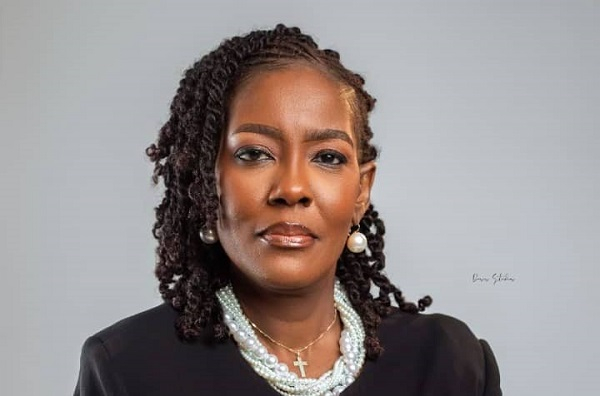Planning cash flow in advance is a comfort during a time of market volatility

Open this photo in gallery: In market downturns, advance cash-flow planning becomes more important.sesame/iStockPhoto / Getty Images With many Canadians uneasy about tariffs, trade wars and extreme market volatility, advisors are reviewing cash holdings and ensuring that clients approaching retirement feel secure. Zael Miransky, president and certified financial planner at MCO Private Wealth in Toronto, says two groups of clients are most rattled by the market turbulence this year, particularly in the wake of U.S. President Donald Trump’s “Independence Day” tariffs: first-time investors and clients who are less than five years from retiring. The latter group makes up a significant portion of his client base. He says these clients’ concerns come down to one question: Should they be investing more, or protecting what they have? Buying opportunities depend on the client’s goals and risk tolerance. Asset preservation is important to just about all his almost-retired clients, and that’s where a cash component comes in. Mr. Miransky says retired clients typically have a three-year cash savings ladder in guaranteed investment certificates, bonds or high-interest savings accounts. He notes the cash component of a portfolio helps weather periods of long negative market cycles. He works with the client to determine the amount required each year, but it’s usually enough to cover all their living expenses, plus possible financial emergencies and some extra spending. “We want to ensure that specific money is liquid so clients don’t have to worry about either spending less or the emotional aspect of losing money,” Mr. Miransky says. Diandra Camilleri, associate portfolio manager at Verecan Capital Management Inc. in Burlington, Ont., says setting aside some cash smooths over client anxiety. The cash is generally used to fund their retirement expenses, but sometimes it’s earmarked for a planned purchase such as a new car or a special vacation, she says. “Clients want to make sure they have the money they need when they need it,” Ms. Camilleri says. In the current market climate, she targets about 18 to 24 months of cash in portfolios. When to rebalance As clients spend their cash ladders over time, they may use dividends and distributions from other investments to top up their cash-flow needs instead of reinvesting the funds, Ms. Camilleri says. She also looks for opportunities to top up cash allocations when markets are up. “Last year, when markets were performing really well, we knew clients would be needing cash, so we put it aside,” she says. “We don’t want to sell those investments at an inopportune time to get them the cash they need.” Mr. Miransky gives the example of two years of 20-per-cent equity returns in 2023 and 2024 that may have turned a 60-40 equities-bonds portfolio closer to an 80-20 equities-bonds split. While clients may not complain about making more money, allocations are set up for a reason, he adds. Client portfolios affected by market volatility may also require rebalancing to ensure the asset allocation isn’t out of line. “Just because the markets are down, a change in the portfolio isn’t necessarily warranted, but it is a good time to revisit a client’s risk tolerance,” Ms. Camilleri says. Andrew Feindel, portfolio manager and senior wealth advisor with Richie Feindel Wealth Management at Richardson Wealth Ltd. in Toronto, says his strategy for cash or defensive holdings, such as short-term bonds, depends on the client. Some of his clients have access to five years’ worth of cash, as it can take that long for markets to recover from extreme volatility. He cites the 2008 global financial crisis as an example. “You probably don’t need five years if you’re not retiring anytime soon,” he says. “That would be a little extreme.” Preparing for the worst Mr. Feindel says the market sell-off this year underscores the need for advisors to explain all the possible portfolio scenarios well in advance. “A lot of our clients aren’t concerned about these black swan events because our conversations happen before something like this takes place,” he says. Still, discussing severe market drops and experiencing them are two different things, Ms. Camilleri says. “They just won’t know how they’ll react until it actually happens,” she says. “Nobody likes to be down money.”



















